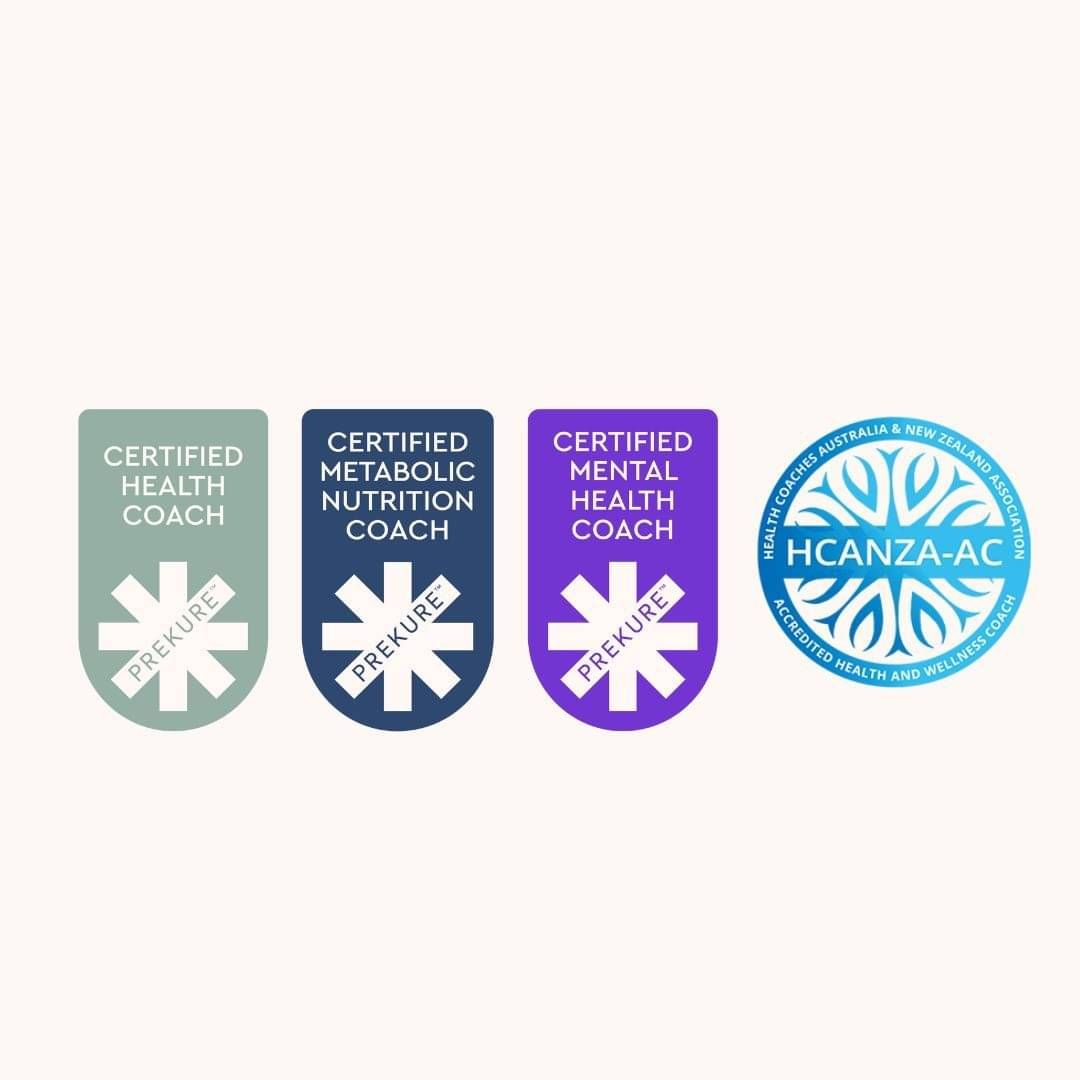Building Lasting Vitality: Movement, Nutrition, and Sleep for Women’s Changing Bodies
A science-informed and holistic guide to supporting energy, strength, and health through life’s natural transitions.
Redefining What “Healthy” Looks Like
For many women, vitality has long been linked with external appearance—weight, fitness, or how much we get done in a day. But true vitality runs deeper. It’s the steady energy that carries you through the day. It’s strength, stamina, quality sleep, and the ability to recover—physically and emotionally.
As women move into their late 30s, 40s and 50s, their physical needs shift. Metabolism slows. Hormones fluctuate. Recovery takes longer. But this is not decline—it’s recalibration.
The truth is: your body is asking for a new kind of support. And with the right approach, it’s entirely possible to feel strong, energised, and empowered through this stage of life.
How the Body Changes in Midlife
Let’s talk physiology. As hormones shift, the body experiences natural, but impactful, changes. These include:
Loss of lean muscle mass (sarcopenia), beginning as early as 35
Decreased insulin sensitivity, increasing the risk of blood sugar spikes and energy crashes
Changes in fat distribution, especially abdominal weight gain, driven by estrogen decline
Disrupted sleep cycles, due to lower progesterone and melatonin production
Increased inflammation, which affects joints, mood, and immune function
The good news? Lifestyle medicine—targeted movement, nutrition, and sleep strategies—can dramatically slow or reverse many of these effects.
Why Standard Health Advice Often Fails Women
Most wellness advice was created with male biology in mind—ignoring the hormonal fluctuations and emotional demands women face across their lifespan. Calorie-counting, HIIT every day, and skipping meals may work for some, but they often backfire for women in midlife by increasing cortisol and driving fatigue.
It’s time to tune in rather than push through.
Movement: Strong, Not Just Slim
Movement is a key pillar of health, but more is not always better. The goal is to preserve muscle, protect joints, support metabolism, and reduce inflammation—without overloading an already stressed system.
Science Says:
Resistance training twice a week helps preserve muscle and bone density.
Daily movement (even 20–30 minutes) improves insulin sensitivity and cognitive function.
High-impact cardio, when done excessively, can elevate cortisol, leading to fatigue and muscle breakdown.
Holistic Strategy:
Strength train 2–3x per week: bodyweight, resistance bands, or light weights.
Walk daily: supports lymphatic drainage, cardiovascular health, and mental clarity.
Incorporate mobility: gentle stretching or yoga to support fascia, posture, and injury prevention.
Listen to your cycle: If you're still menstruating, adapt your intensity based on your energy levels during different phases.
Nutrition: Nourishment Over Restriction
Your body needs nourishment, not punishment. This is especially true during hormonal fluctuations. Midlife women require high-quality nutrients to support hormone production, liver detoxification, brain function, and muscle repair.
Science Says:
Protein intake is critical. Women 40+ may need up to 1.2g per kg of body weight to preserve muscle.
Fibre supports gut health, hormone clearance, and satiety.
Refined sugars spike insulin, drive inflammation, and can worsen symptoms like hot flashes or brain fog.
Phytoestrogens (like flaxseed and soy) may ease menopausal symptoms in some women.
Holistic Strategy:
Build meals around protein, fibre, and healthy fats. Examples: salmon with greens and quinoa, or eggs with avocado and spinach.
Support the liver (your hormone-processing organ) with cruciferous vegetables, bitter greens, lemon water, and zinc-rich foods.
Balance blood sugar by reducing processed snacks and adding protein to each meal.
Stay hydrated: 1.5–2L of water daily, with electrolytes if you're active or under stress.
Explore intuitive eating: learning to honour hunger cues rather than rigid meal plans.
Sleep: Your Most Powerful Recovery Tool
Sleep is where hormonal repair, detoxification, memory processing, and immune function take place. Yet many women report disrupted sleep during perimenopause and beyond—either struggling to fall asleep, waking between 2–4am, or feeling unrefreshed upon waking.
Science Says:
Progesterone promotes deep sleep; its decline contributes to insomnia.
Cortisol dysregulation from chronic stress can trigger early waking.
Melatonin production naturally declines with age but can be supported through lifestyle.
Holistic Strategy:
Create a consistent sleep-wake cycle, even on weekends.
Use wind-down rituals: dim lighting, no screens after 9pm, a magnesium-rich bath, or calming herbal tea.
Reduce evening caffeine, alcohol, and sugar, which disrupt sleep quality.
Add a journaling practice before bed to quiet the mind and process emotional stress.
If waking at 2–3am, consider a light protein-based snack before bed or blood sugar balancing through the day.
Bonus Insight: Midsection Weight Gain and Hormonal Clues
One of the most frustrating symptoms for many women is stubborn belly fat, even with “healthy” habits. This often isn’t about calories—it’s about hormones.
Abdominal fat is hormonally active. It can:
Increase estrogen production (leading to estrogen dominance)
Release cytokines, inflammatory chemicals linked to fatigue and chronic conditions
Interfere with insulin and leptin, creating cravings and energy crashes
The solution? Lower stress, nourish the body, improve muscle tone, and balance blood sugar—not starvation or punishment workouts.
Integrating It All: Your Everyday Vitality Checklist
✅ Move daily in a way that energises, not depletes
✅ Eat to stabilise blood sugar—focus on quality over quantity
✅ Prioritise sleep as a non-negotiable recovery ritual
✅ Support the nervous system with breathwork, nature, and pacing
✅ Track symptoms and cycles to fine-tune your health habits
✅ Hydrate and reduce inflammatory triggers like sugar and alcohol
✅ Work with your body, not against it
Final Thoughts: Your Body Is Not the Problem
You are not “failing” because your energy has dipped or your jeans fit differently. Your body is adapting. It’s evolving.
The vitality you’re seeking is not in a bottle or a quick-fix plan. It’s in the gentle, consistent choices you make to honour the woman you are now—stronger, wiser, and ready for a new way of living.
You deserve to feel good in your body again.
Let’s make that your new normal.


